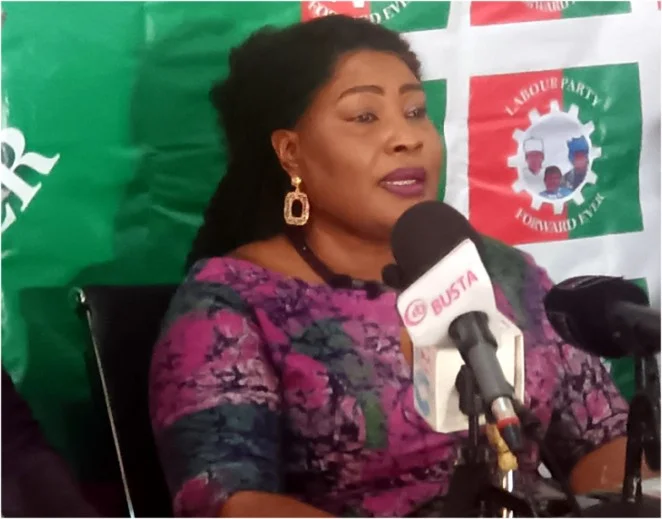LAGOS: The Labour Party stands today at a crossroads. Once hailed as a symbol of hope for millions of Nigerians yearning for change, the party is increasingly troubled by internal divisions, waning momentum, and a leadership dilemma that must be addressed.
At the center of this challenge is our former presidential candidate, Mr. Peter Obi, whose influence, once magnetic, now risks undermining the very foundation on which it was built.
The 2023 elections offered Peter Obi an extraordinary platform. Riding on the Labour Party’s structure and a groundswell of public frustration with the status quo, he became the face of a movement.
Youths, workers, and disenchanted Nigerians rallied behind him, seeing in him a credible alternative.
Though many believe he was denied victory, his performance was historic. Millions of votes came his way not only because of his persona but also because of the party’s grassroots mobilization and a national yearning for integrity in leadership.
It was this unique synergy between party, people, and providence that gave Obi his moment in history.
Today, the Labour Party grapples with issues that threaten its unity and credibility. From internal factionalism to leadership tussles between the National Working Committee and prominent figures, the cracks are widening.
Instead of strengthening the base and building sustainable structures across states, energies are often expended on internal power struggles.
These disputes have left candidates vulnerable, campaign machinery weak, and voters confused about the party’s direction. The Labour Party cannot afford to remain a fractured house if it seeks to consolidate the gains of 2023 and present itself as a viable alternative in 2027.
Read also:
- Babachir Lawal drop Bombshell, says Peter Obi Won 2023 election
- How Peter Obi Visit to Benin Exposed Deep Political Divisions in Nigeria
Fast-forward to today, and the story has shifted. Obi’s political interventions, once seen as principled, are increasingly perceived as inconsistent and self-serving.
His endorsements no longer sway the electorate as they once did. Recent election results tell the story clearly: the “Obi effect” is not as potent as it was in 2023.
In Edo State’s 2024 governorship election, Obi campaigned aggressively for Olumide Akpata, despite internal tensions with the National Working Committee led by Julius Abure. While Akpata was indeed the party’s candidate, Obi’s approach deepened existing factional divides.
In the end, Akpata lost badly to the APC’s Monday Okpebholo, despite Obi’s rallies in Benin and beyond.
Similarly, in Imo State’s 2023 governorship election, Obi’s support for Senator Athan Achonu ended in another disappointing defeat, with APC’s Hope Uzodimma winning comfortably.
These repeated setbacks suggest that Obi’s once-powerful endorsement may now carry diminishing returns.
The most stinging reality came during the Anambra by elections in Onitsha, Obi’s own political backyard.
Here, his shifting loyalties, toggling between Labour Party and other smaller platforms, confused loyal supporters and fractured the trust that once defined his movement. The result was electoral defeat, in a region that should have been his strongest base.
Peter Obi must pause and reflect. The grace of 2023 was not his alone; it was a collective effort of the Labour Party, the Nigerian people, and a divine providence that aligned circumstances in his favor.
Today, that grace is being squandered through inconsistency, factional fights, and decisions that erode the party’s cohesion.
For the Labour Party to reclaim its place as a credible force in Nigerian politics, Obi must recognize that the movement is bigger than any individual. The time has come for humility, dialogue, and a renewed commitment to unity. Only then can the Labour Party revive its promise as the true voice of the masses.



